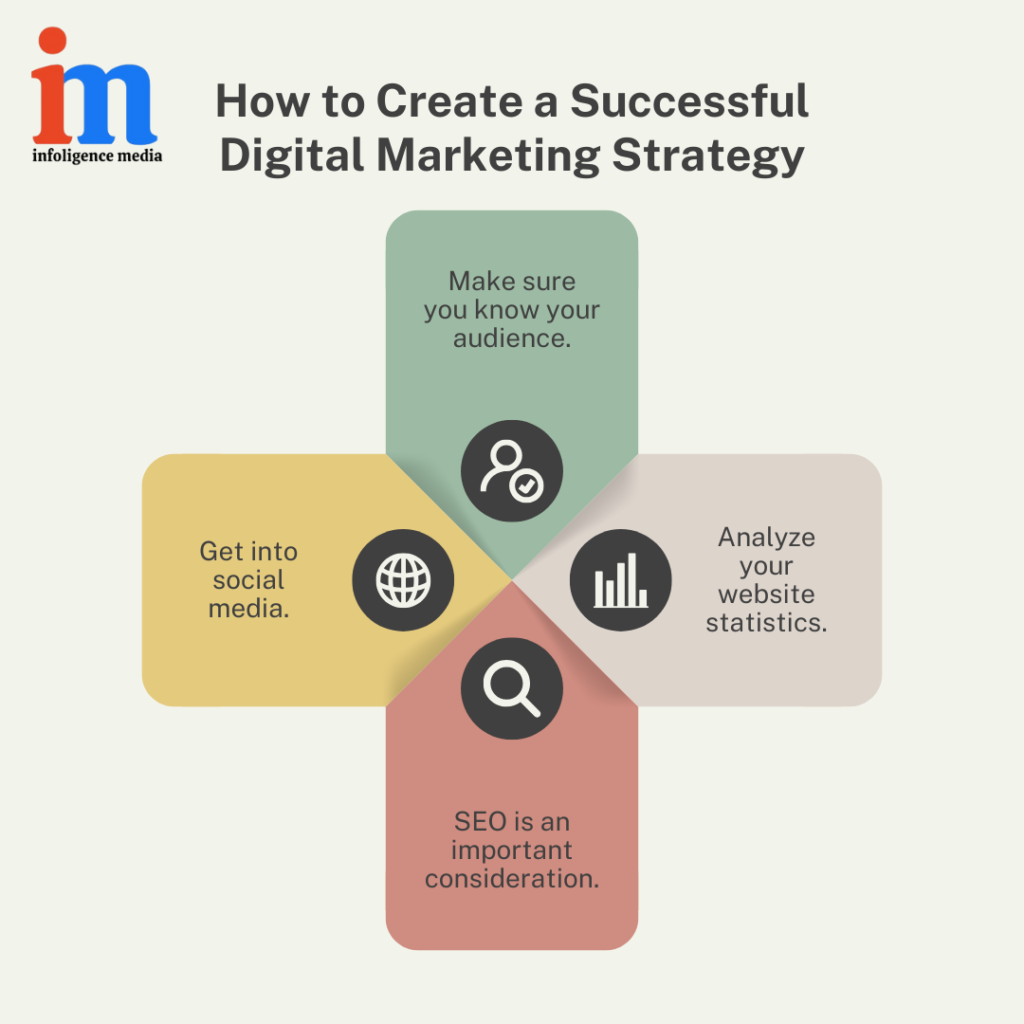In the competitive world of digital marketing, lead generation is the lifeblood of business success. However, generating leads is just the beginning. To transform these leads into paying customers, digital marketing companies must optimize their sales call efficiency and improve their conversion rates. One of the most powerful tools to achieve this is call analytics.
Sales calls play a pivotal role in the customer journey, especially for digital marketing companies where leads are often sourced from various online campaigns. Whether through social media, search engine ads, or email marketing, leads that make it to the sales call stage are highly valuable. This is where call analytics steps in, enabling companies to capture valuable data from these interactions, optimize their sales strategies, and ultimately enhance both lead generation and lead conversion.
In this guide, we will explore in-depth how call analytics can be used to improve sales call efficiency for better lead generation and conversion outcomes. We'll cover everything from understanding the role of call analytics to practical applications, key features, benefits, and actionable strategies to maximize your lead generation efforts through more efficient sales processes.
The Importance of Sales Call Efficiency in Lead Generation
For any digital marketing company, lead generation is the starting point of business growth. But generating leads is not enough; what matters is how effectively you can convert those leads into actual customers. One of the most crucial aspects of this conversion process is the sales call.
Sales call efficiency refers to how well your team can handle, track, and convert customer calls into business opportunities. Inefficient sales calls can lead to wasted time, lost opportunities, and poor customer experiences, resulting in reduced lead conversion rates. This is where call analytics comes into play by helping companies optimize their sales calls and boost the effectiveness of their lead generation efforts.
What is Call Analytics?
Call analytics is a technology-driven process that captures, analyzes, and reports on call data. This data includes call source, call duration, customer sentiment, lead scoring, and call outcomes. By utilizing advanced tools such as AI (Artificial Intelligence) and ML (Machine Learning), call analytics can also transcribe conversations, perform sentiment analysis, and provide insights into customer behavior and preferences. This empowers sales and marketing teams to make data-driven decisions and improve their overall approach to lead generation.
With the ability to analyze every call, track the origin of the lead, and measure the quality of the interaction, digital marketing companies can fine-tune their sales processes to ensure higher conversion rates from the leads they generate.
The Role of Call Analytics in Lead Generation
Lead generation is all about attracting potential customers and converting them into qualified leads. However, to turn those leads into loyal clients, sales calls are often necessary. The key is making those calls as effective as possible, which is where call analytics becomes crucial. Here’s how call analytics plays a vital role in boosting lead generation:
Tracking Lead Sources: Call analytics enables digital marketing companies to track the source of every lead. Whether the lead came from a PPC campaign, an organic search, or a social media ad, call tracking allows companies to understand which lead generation channels are driving the most valuable calls. By analyzing these call sources, businesses can optimize their marketing strategies to focus on high-converting channels, thus improving the quality of leads coming through.
Enhancing Lead Qualification: Not all leads are created equal. Call analytics allows companies to assess the quality of leads based on key metrics such as call duration, customer sentiment, and call outcomes. With this data, sales teams can prioritize high-quality leads, ensuring that their efforts are focused on prospects who are most likely to convert. This helps in filtering out unqualified leads early in the process, thus improving lead generation efficiency.
Improving Campaign Effectiveness: By analyzing the data captured from sales calls, marketing teams can gain insights into which campaigns are yielding the best results in terms of lead generation and conversion. Call analytics provides detailed reports on how different marketing efforts are driving calls and conversions, enabling companies to adjust their strategies and maximize the ROI on their marketing campaigns.
Personalizing Sales Pitches: Customers are more likely to convert when they feel understood and valued. Call analytics tools that provide sentiment analysis and conversation insights can help sales teams tailor their approach to each prospect. By understanding the customer's pain points, preferences, and buying intent, sales reps can deliver more personalized pitches, increasing the chances of lead conversion.
Optimizing Sales Call Timing: The timing of a sales call can significantly impact its success. Call analytics helps businesses analyze patterns and trends related to call timing, such as when customers are most likely to answer, or when conversion rates are highest. By optimizing call timing, sales teams can increase the likelihood of reaching leads at the right moment, boosting their chances of converting leads into customers.
How Call Analytics Improves Lead Conversion
Once leads are generated, the focus shifts to converting those leads into paying customers. Call analytics plays an equally important role in this phase by providing the insights necessary to improve conversion rates. Here are some key ways call analytics can enhance lead conversion:
Improving Sales Agent Performance: Call analytics tools can assess individual agent performance, tracking metrics such as average call duration, conversion rates, and customer satisfaction. By identifying areas for improvement, sales managers can provide targeted training to improve call-handling skills, thus increasing the overall efficiency and effectiveness of sales calls. A more skilled sales team can convert leads more efficiently, resulting in better lead conversion rates.
Optimizing Follow-Up Strategies: Not all leads will convert on the first call. Call analytics helps track the outcomes of each sales call, providing valuable insights into when and how to follow up with leads. By analyzing past interactions, sales teams can develop tailored follow-up strategies based on customer preferences, ensuring that they re-engage leads at the right time and with the right message, increasing the likelihood of conversion.
Real-Time Insights and Adjustments: Real-time call analytics allows sales teams to make on-the-fly adjustments to their approach. For example, if an agent notices that a prospect is showing signs of disinterest, real-time sentiment analysis can help them pivot the conversation to re-engage the lead. This dynamic, data-driven approach ensures that every call is as productive as possible, boosting lead conversion rates.
Identifying High-Value Opportunities: Not all leads have the same potential value. Call analytics tools can help businesses identify high-value leads based on call data, customer behavior, and buying signals. By focusing on these high-value opportunities, companies can allocate their resources more efficiently, closing deals faster and maximizing their lead conversion efforts.
Integrating Call Analytics with CRM: One of the key advantages of call analytics is its ability to integrate with Customer Relationship Management (CRM) systems. This integration ensures that all customer interactions, including calls, emails, and other touchpoints, are recorded and accessible in one place. Having this complete customer view allows sales teams to tailor their interactions more effectively, improving lead conversion rates.

Key Features of Call Analytics for Lead Generation and Conversion
To fully leverage the benefits of call analytics for lead generation and conversion, it's essential to understand the key features of call analytics tools. Here are some features that digital marketing companies should look for:
Call Tracking: Call tracking allows businesses to determine the source of incoming calls. This feature helps marketers identify which campaigns, ads, or keywords are driving calls, providing valuable insights into the success of their lead generation efforts.
Call Recording and Transcription: Call recording enables companies to review past conversations for training purposes and quality assurance. Call transcription converts these recordings into text, making it easier to analyze conversations for sentiment, intent, and customer preferences.
Sentiment Analysis: Sentiment analysis uses AI to evaluate the tone and emotions of a conversation. This feature helps sales teams gauge customer satisfaction and buying intent, allowing them to adjust their approach to better meet the customer’s needs.
Lead Scoring: Lead scoring assigns a numerical value to leads based on their likelihood to convert. Call analytics can evaluate factors such as call duration, engagement, and customer sentiment to automatically score leads, enabling sales teams to prioritize high-potential prospects.
Real-Time Reporting: Real-time reporting provides up-to-the-minute insights into call performance, enabling businesses to make immediate adjustments to their sales strategies. This feature ensures that sales teams can respond quickly to changing customer needs and market conditions.
Call Outcome Tracking: This feature tracks the result of each call, such as whether the lead converted, scheduled a follow-up, or declined the offer. Outcome tracking helps businesses measure the effectiveness of their sales calls and identify areas for improvement.
Call Routing and Distribution: Call routing ensures that calls are directed to the right sales agents based on criteria such as availability, location, or expertise. This feature ensures that leads are handled by the most qualified team members, improving the chances of conversion.
How to Implement Call Analytics for Better Lead Generation and Conversion
Now that we’ve explored the benefits and key features of call analytics, here’s a step-by-step guide on how digital marketing companies can implement call analytics to improve lead generation and conversion:
Choose the Right Call Analytics Tool: Research and invest in a call analytics tool that offers the features you need to enhance both lead generation and conversion. Look for tools that provide call tracking, sentiment analysis, lead scoring, and integration with your existing CRM system.
Integrate with Your CRM and Marketing Automation Tools: Ensure that your call analytics tool integrates seamlessly with your CRM and other marketing automation tools. This integration will allow you to track all customer interactions in one place and optimize your sales process accordingly.
Set Clear KPIs for Sales Call Efficiency: Establish clear key performance indicators (KPIs) for your sales team, such as average call duration, conversion rate, and customer satisfaction. Use the data from call analytics to measure and improve these KPIs over time.
Train Your Sales Team on Call Analytics: Ensure that your sales team understands how to use the insights from call analytics to improve their performance. Provide regular training on how to interpret call data and adjust their approach based on customer behavior and sentiment.
Continuously Monitor and Optimize: Use the real-time reporting and insights from call analytics to continuously monitor the performance of your sales team and marketing campaigns. Regularly review your data to identify areas for improvement and make adjustments to your strategy as needed.

Conclusion
Call analytics is a game-changer for digital marketing companies looking to boost their sales call efficiency, improve lead generation, and increase conversion rates. By leveraging the power of data-driven insights, businesses can optimize every aspect of their sales process, from tracking lead sources to personalizing sales pitches and improving follow-up strategies.
Incorporating call analytics into your overall lead generation strategy allows you to make more informed decisions, prioritize high-quality leads, and ensure that your sales team is equipped with the tools they need to close more deals. In a competitive market, sales call efficiency is a critical factor in driving growth, and call analytics provides the roadmap to success.
